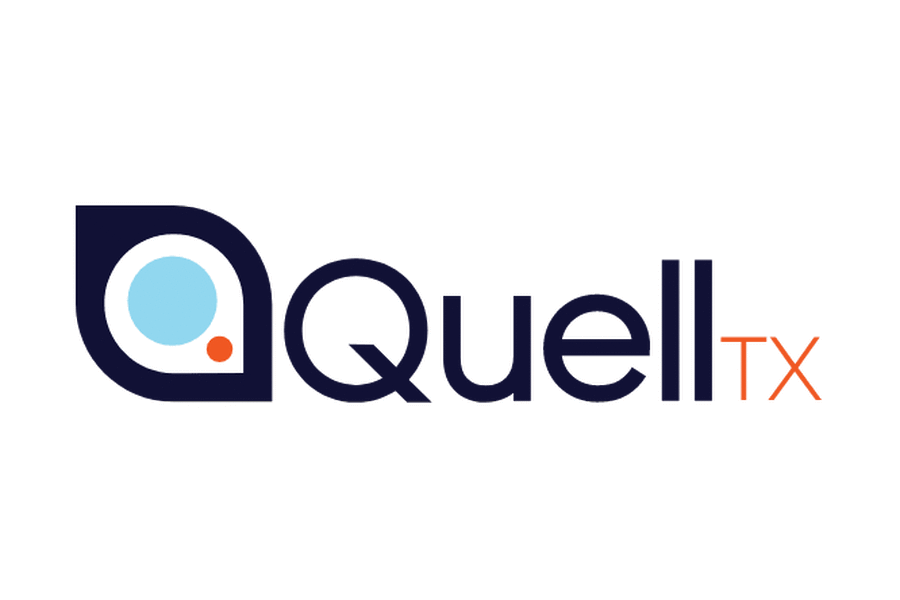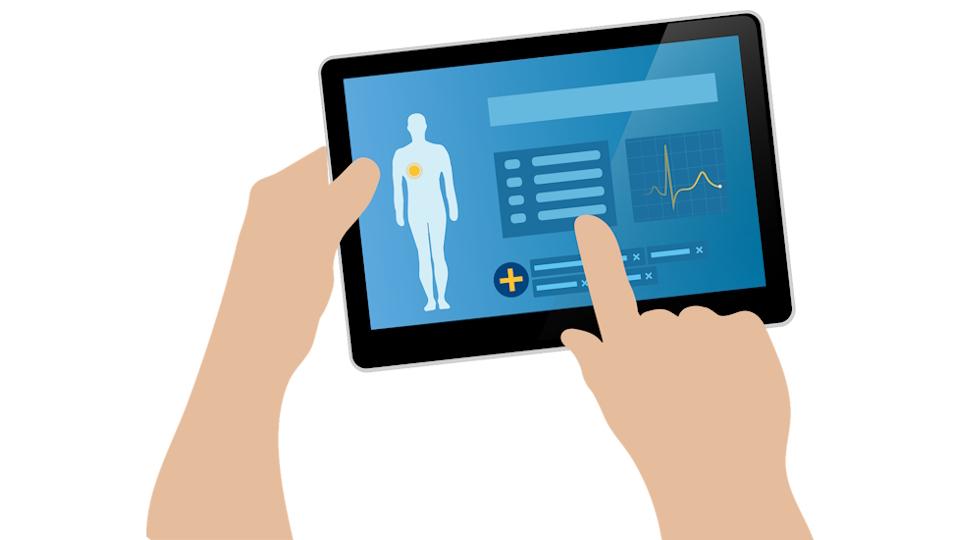AstraZeneca inks $2bn Treg cell therapy deal with Quell

UK start-up Quell Therapeutics has secured a partnership with AstraZeneca focused on cell therapies for autoimmune diseases, with an $85 million upfront payment and which could be worth up to $2 billion more.
The alliance is focusing initially on two disease areas – type 1 diabetes and inflammatory bowel disease – and revolves around Quell’s T-regulatory (Treg) cell platform, an area of therapeutics development that is viewed as being at the forefront of extending the role of cell therapy beyond cancer.
As their name suggests, Treg cells play a key role in controlling the immune system, suppressing immune responses where they may cause harmful effects. For example, by over-reacting to a foreign antigen or mounting a response against the body’s own cells and tissues.
In theory, they could be harnessed to dampen down autoimmune diseases, where the immune system has gone haywire. It’s a hypothesis that was proposed a couple of decades ago and has been tested in small clinical studies, but hasn’t yet resulted in an approved therapy.
Quell – founded by researchers from King’s College London, University College London, and Hannover Medical School in 2019 – is among a select group of biotechs that have made it their mission to develop Treg therapies analogous to CAR-Ts, which are increasingly used to treat blood cancers.
Others operating in this space include Kyverna, Sonoma Bio, GentiBio, Sangamo, and Abata Therapeutics.
In a similar way to CAR-T, the therapies generally require harvesting Treg cells from patients, engineering them in the lab to be more effective at reducing the errant immune responses and expanding their numbers, and then reinfusing them into patients to fight the disease.
Quell’s lead in-house programme QEL-001 is aimed at preventing rejection in patients undergoing a liver transplant, potentially eliminating the need for lifelong immunosuppressive drugs, and is due to start clinical testing later this year. Sangamo is taking a similar approach with kidney transplants and has already started clinical testing of its therapy.
AZ is Quell’s first external partner, bolstering its own financing efforts, which included a $156 million second round in 2021. Quell will take the projects through to the end of the first human clinical trial, after which AZ has the option to license them for further development.
In diabetes, for example, the hope is that the therapy could be used to preserve the integrity of any remaining beta cells in the pancreas that are still capable of producing insulin, preventing their continued destruction by the immune system and ability to function.
Sir Mene Pangalos, head of biopharma R&D at AZ, said the partnership is “aligned with our strategy to target underlying disease drivers, stop or slow disease progression, and ultimately accelerate the delivery of transformative care to patients with chronic autoimmune conditions.”













